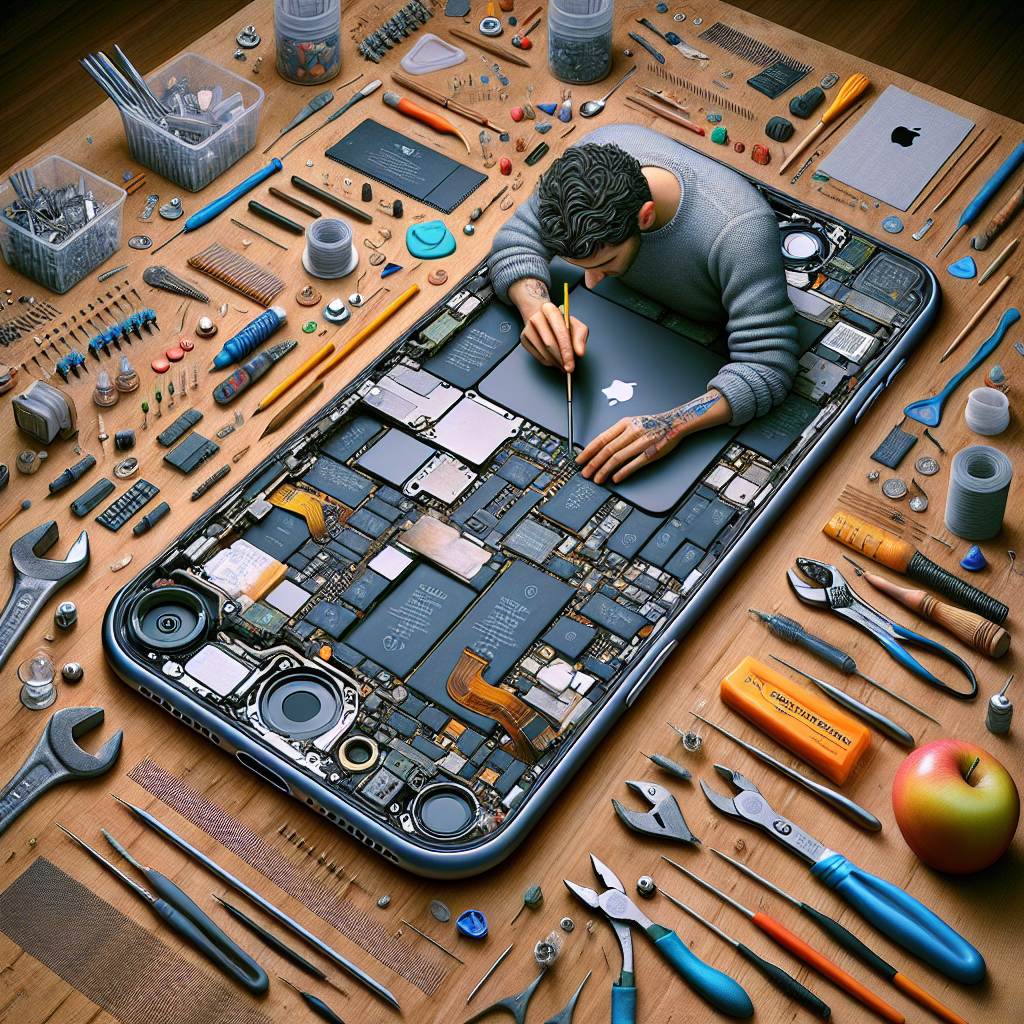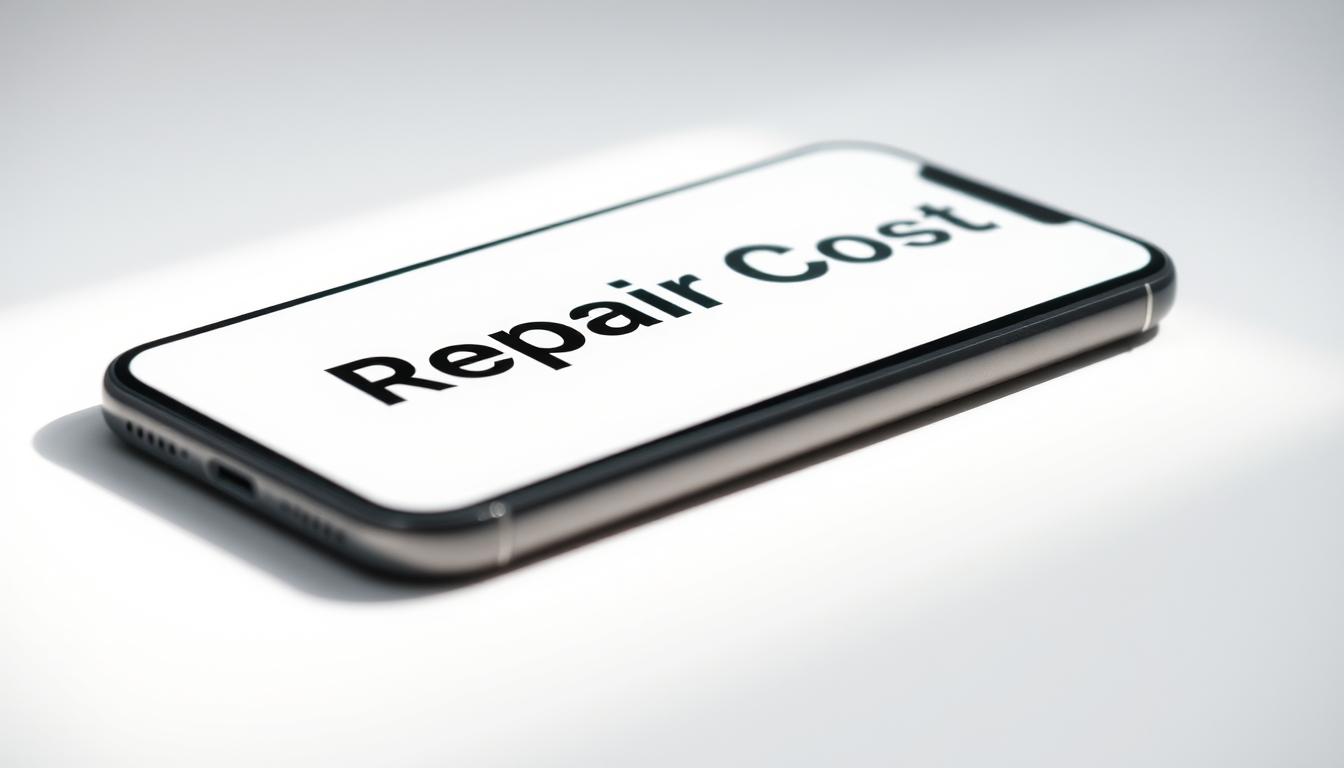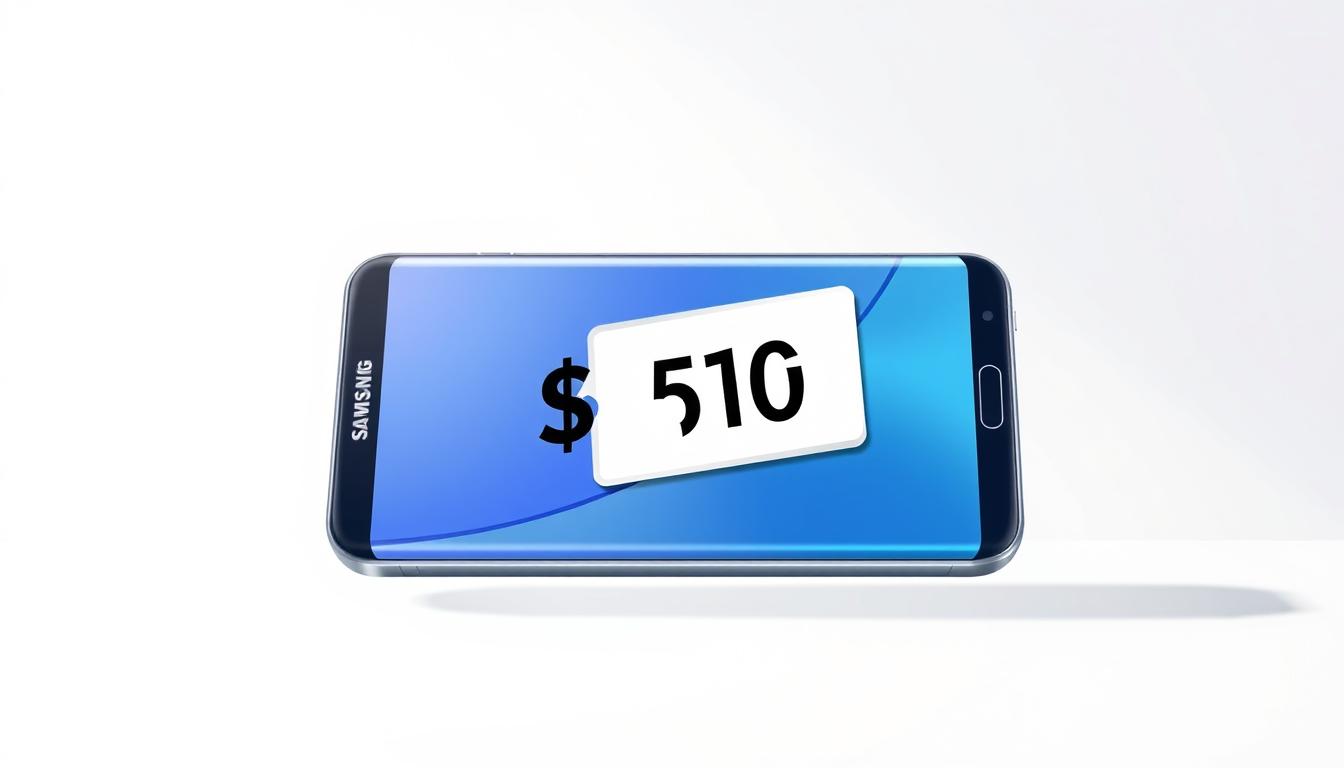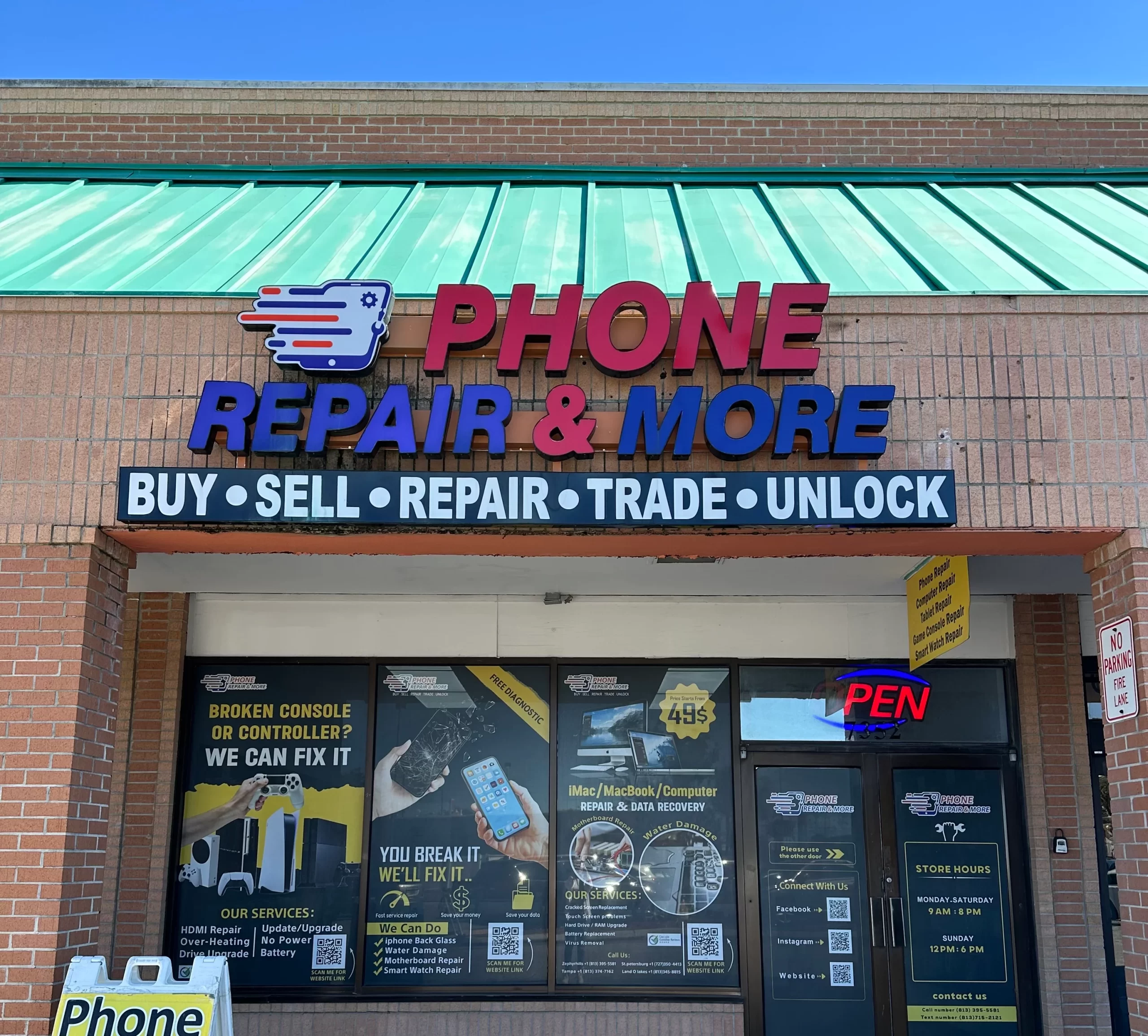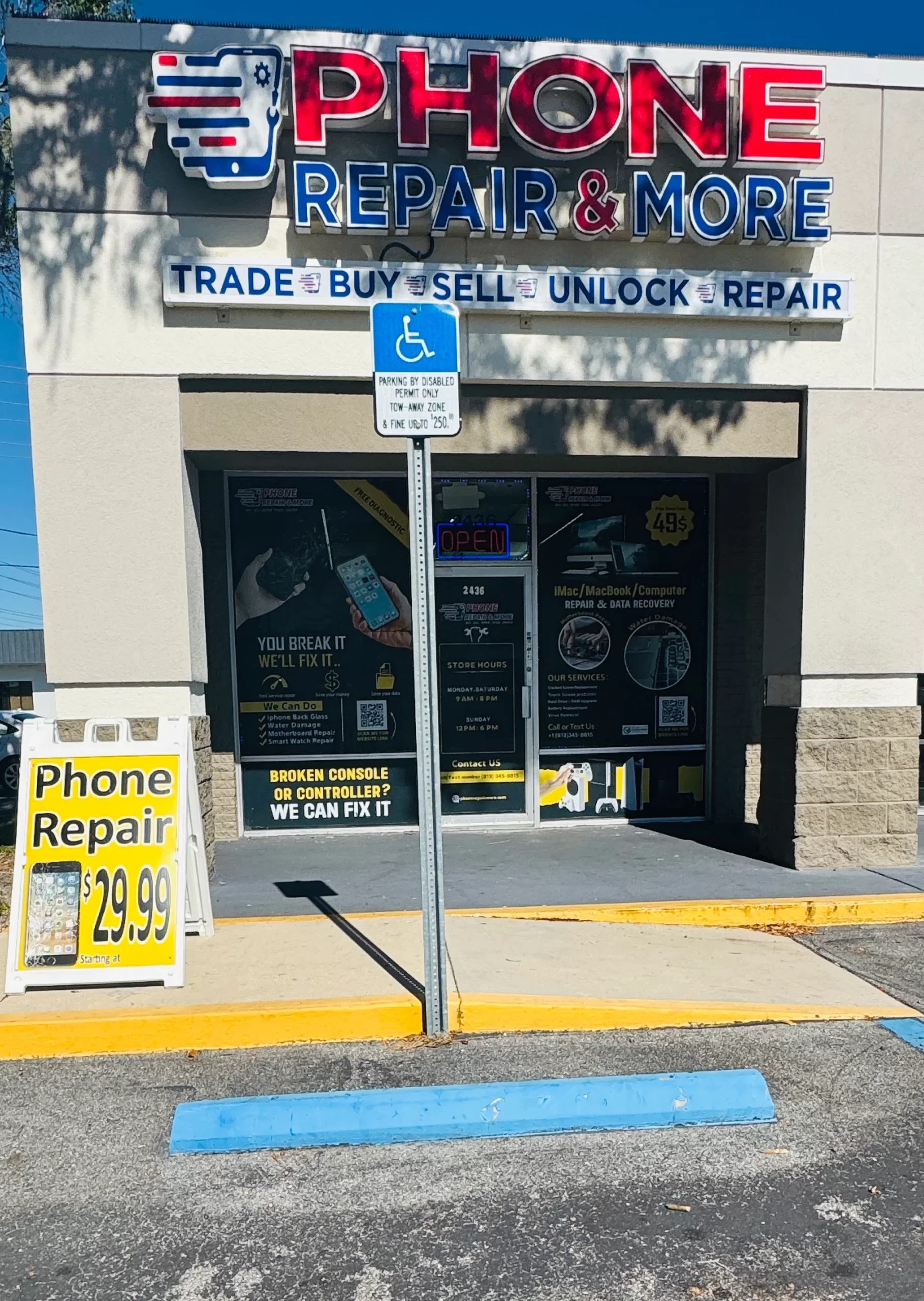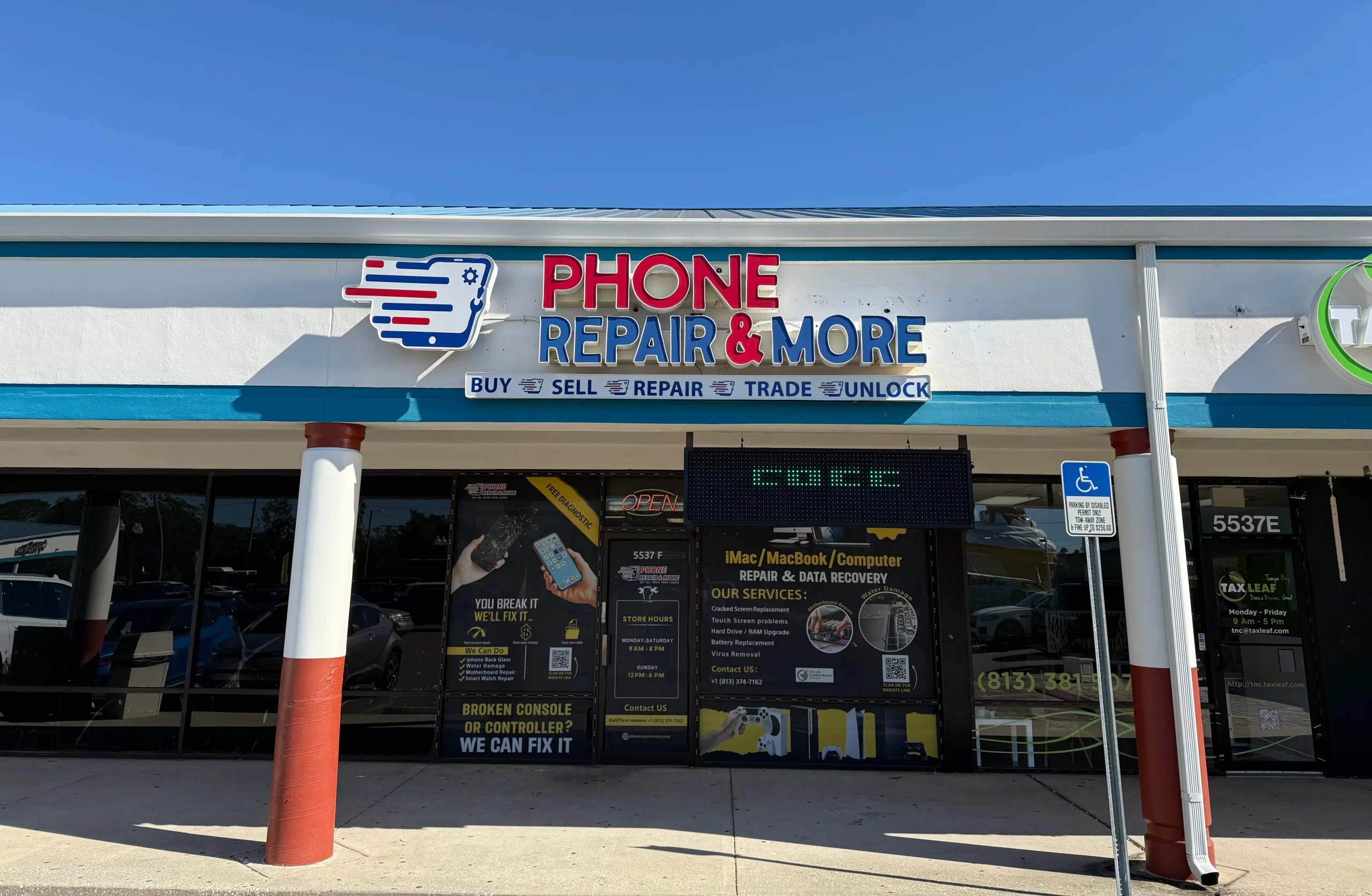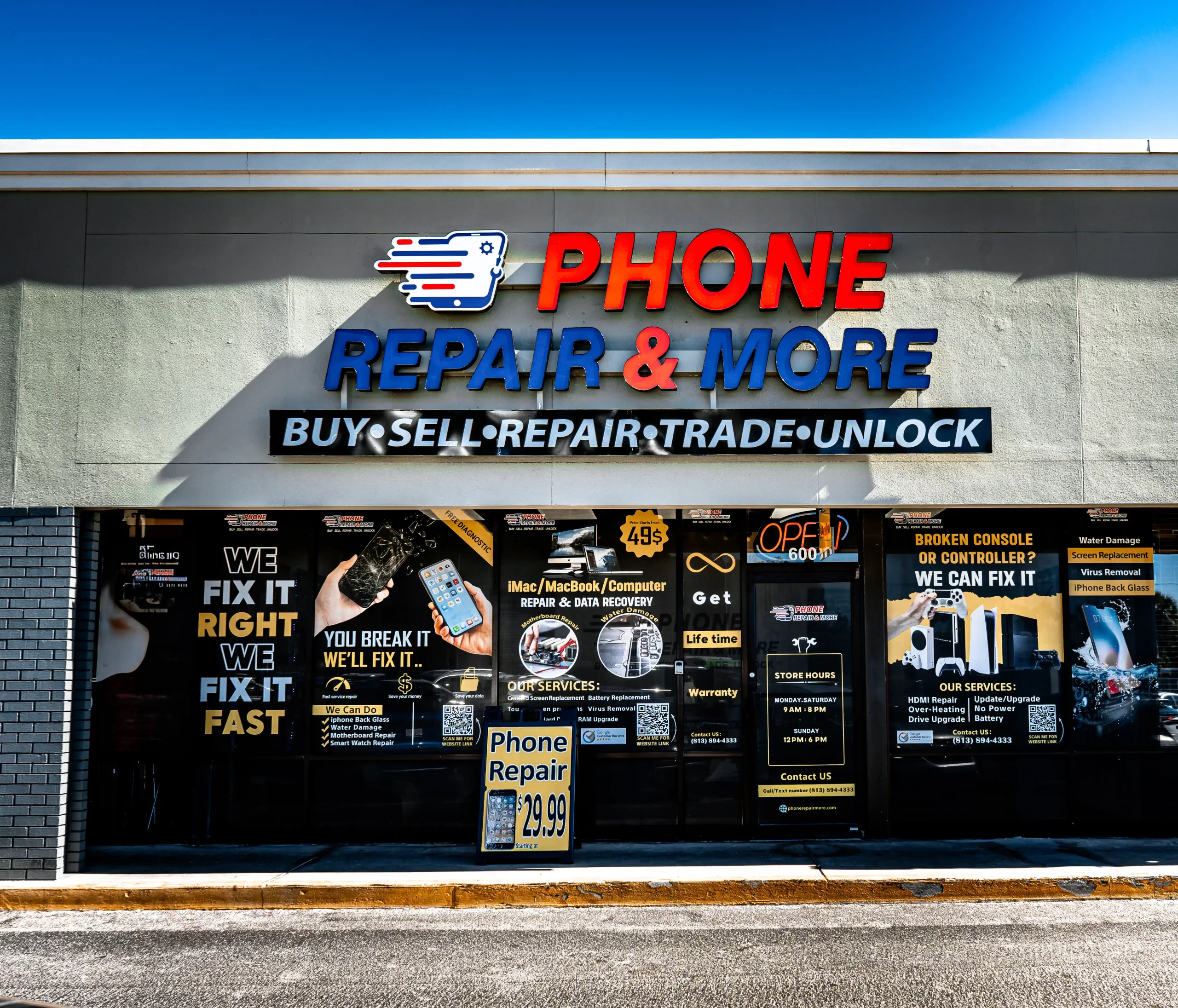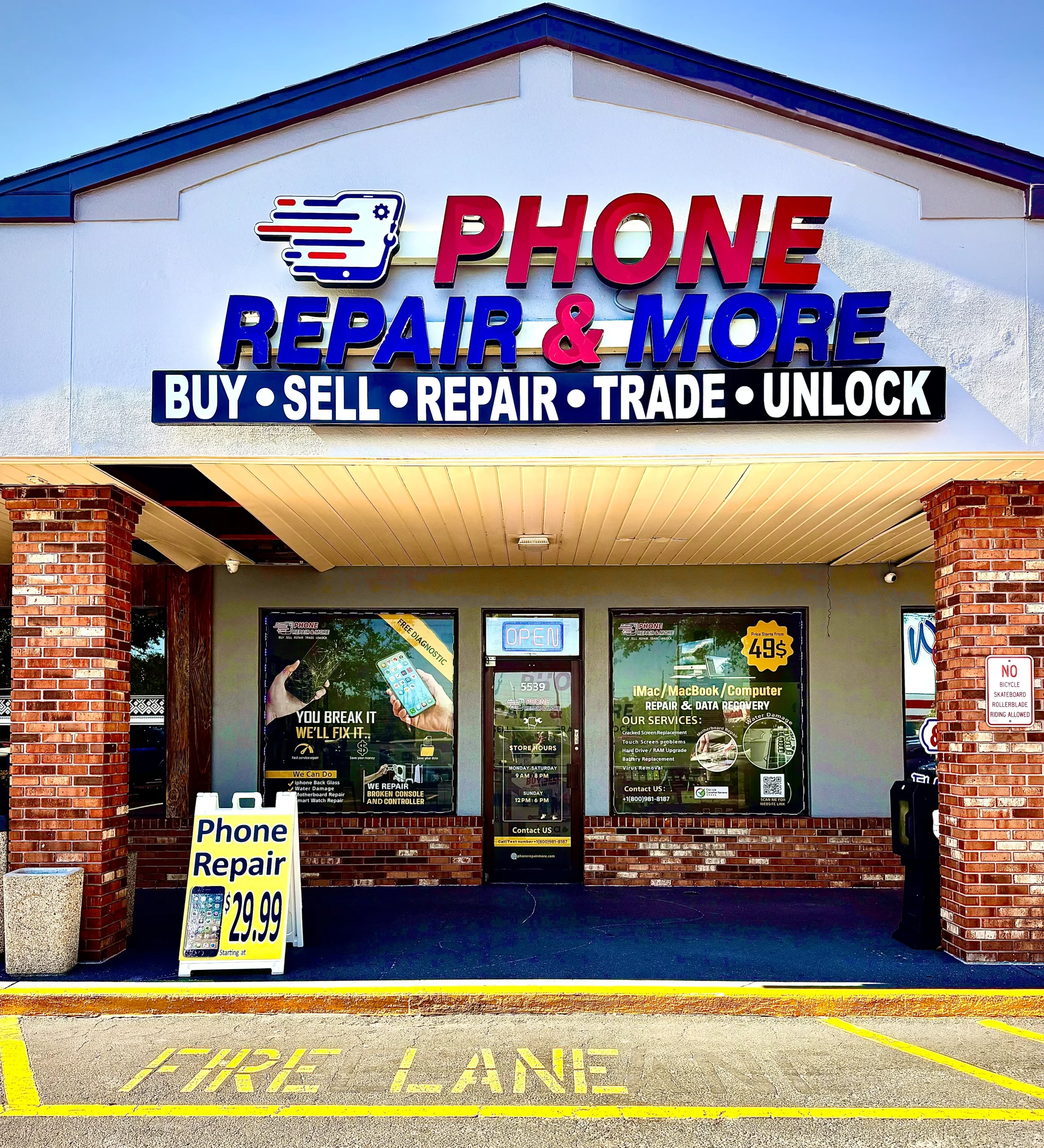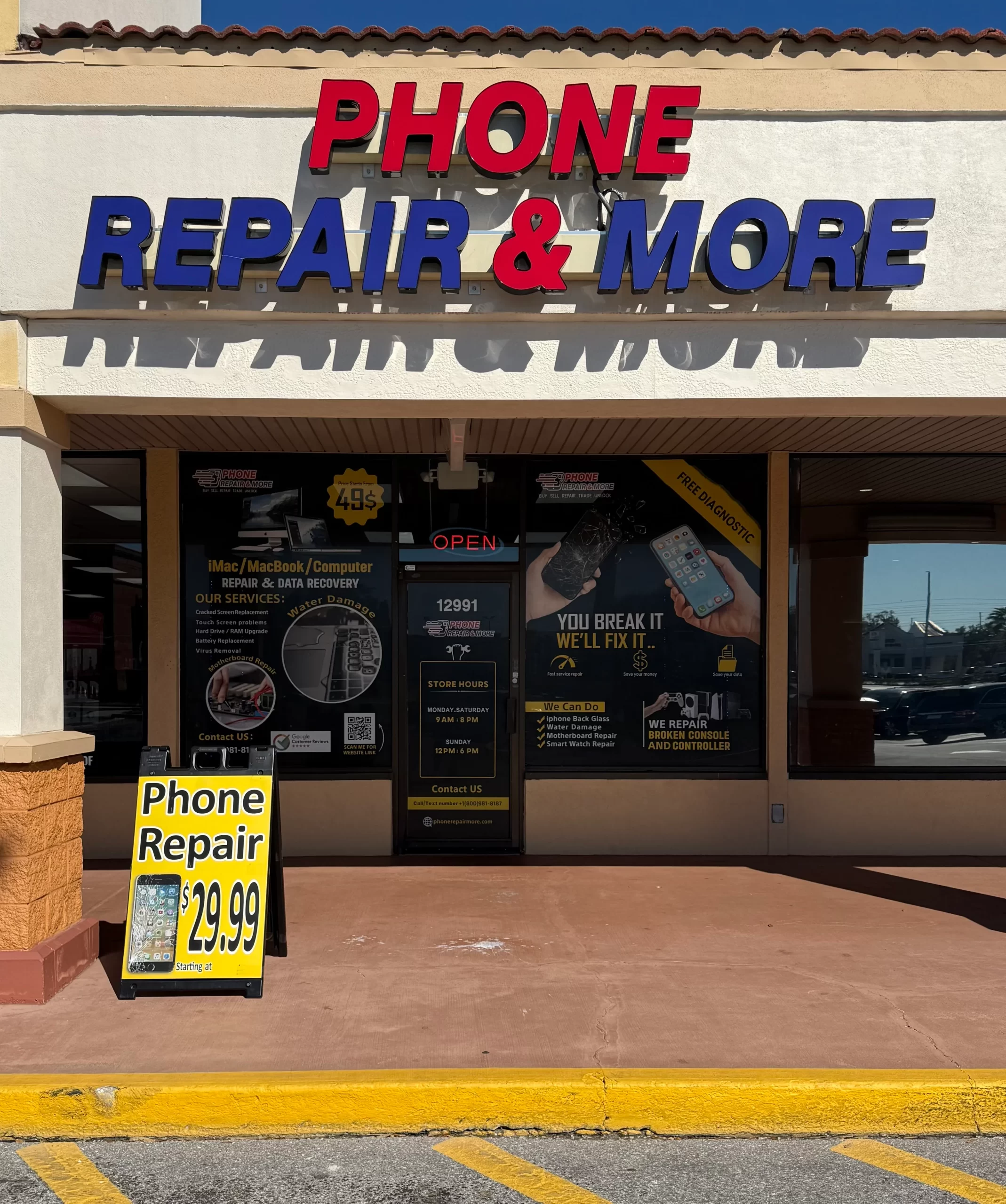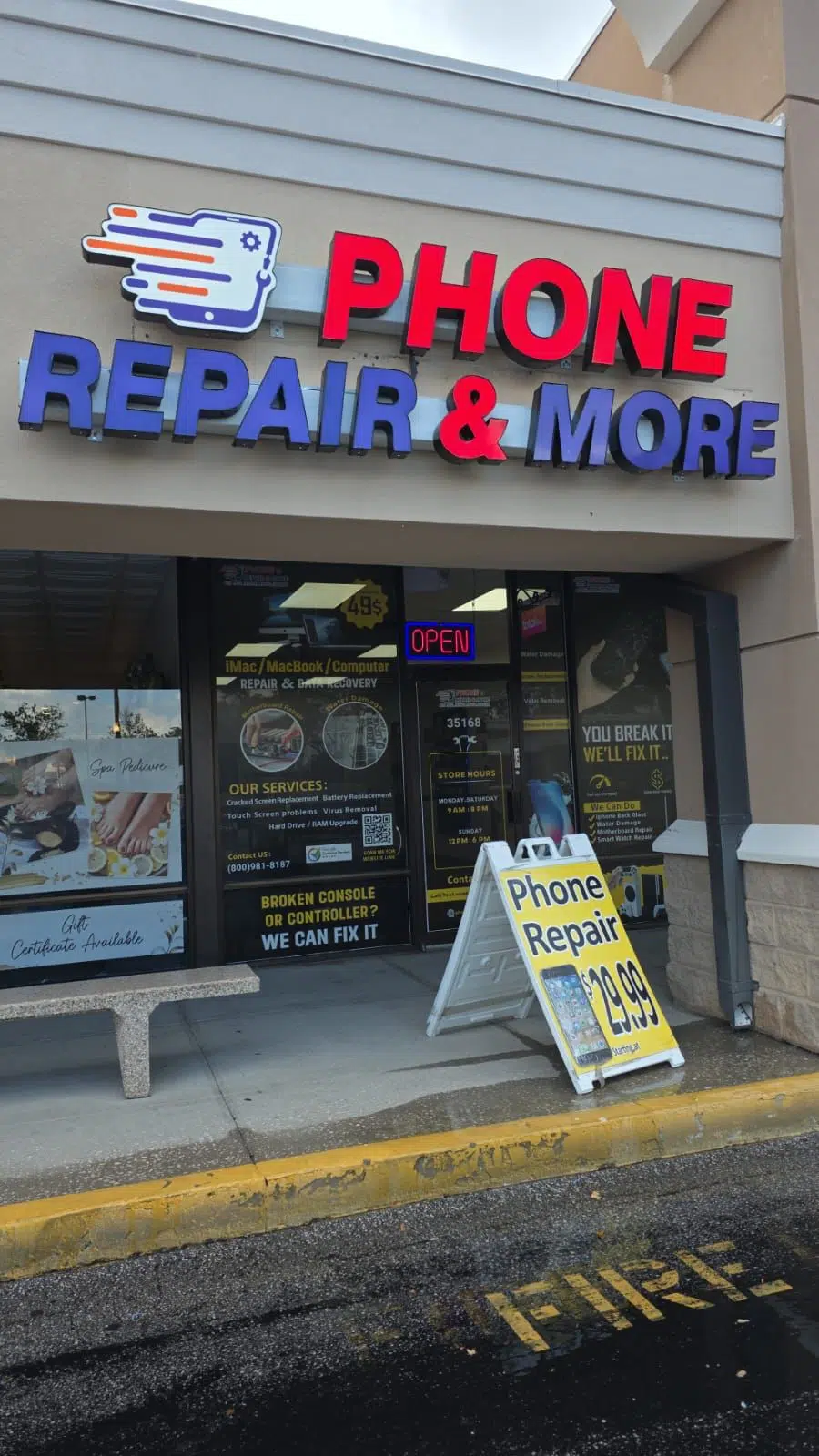Introduction
When your trusty old iPhone starts showing signs of wear and tear, it’s natural to wonder if it’s worth repairing or if it’s time to invest in a new device. The decision can be challenging, especially considering the cost of repairs and the allure of shiny new models. In this article, we’ll explore the pros and cons of repairing old iPhones and offer guidance to help you make an informed decision.
Table of Contents
- The Pros of Repairing Old iPhones
- The Cons of Repairing Old iPhones
- Factors to Consider
- Key Takeaways
- FAQs
- Conclusion
The Pros of Repairing Old iPhones
Repairing an old iPhone can offer several benefits:
1. Cost Savings
Repairing your old iPhone is often more cost-effective than purchasing a new one. While the latest models come with exciting features, they also come with a hefty price tag. By opting for repairs, you can save a significant amount of money.
2. Familiarity and Comfort
Over time, we become accustomed to our devices. The layout, settings, and apps become familiar, making it easier to navigate and use. Repairing your old iPhone allows you to maintain that sense of familiarity and comfort.
3. Environmental Benefits
Repairing your old iPhone is a more sustainable choice. By extending the lifespan of your device, you reduce electronic waste and minimize your carbon footprint. It’s a small step towards a greener future.
The Cons of Repairing Old iPhones
While there are advantages to repairing old iPhones, there are also some drawbacks to consider:
1. Limited Lifespan
Older iPhones may have a limited lifespan, even after repairs. The technology and components in older models may not be able to keep up with the demands of the latest software updates and apps. This could result in slower performance and compatibility issues.
2. Potential for Future Issues
Repairing an old iPhone doesn’t guarantee that it won’t encounter future problems. Other components may fail or become outdated, requiring further repairs or upgrades. This can add to the overall cost of maintaining your device.
3. Availability of Parts
As newer iPhone models are released, older models may become less supported by Apple and third-party repair services. This could make it more challenging to find replacement parts or qualified technicians to repair your device.
Factors to Consider
When deciding whether to repair your old iPhone or purchase a new one, consider the following factors:
1. Cost of Repairs
Get a quote for the repairs needed and compare it to the cost of a new iPhone. Take into account any potential future repairs that may be needed as well. This will help you determine if repairing your old iPhone is financially viable.
2. Age of the Device
Consider how old your iPhone is and how many years of use you’ve already gotten out of it. If it’s nearing the end of its expected lifespan, it may be more practical to invest in a new device.
3. Future Needs
Think about your future needs and whether your current device can meet them. If you require the latest features and technology, a new iPhone may be the better option. However, if your needs are more basic, repairing your old iPhone may suffice.
4. Sentimental Value
If your iPhone has sentimental value, such as photos, messages, or apps that hold special memories, you may prefer to repair it rather than start anew. This emotional attachment can play a significant role in your decision-making process.
Key Takeaways
- Repairing old iPhones can save money and help reduce electronic waste.
- Older iPhones may have limited lifespans and potential compatibility issues.
- Consider the cost of repairs, age of the device, future needs, and sentimental value when deciding whether to repair or purchase a new iPhone.
FAQs
Should I repair my old iPhone myself?
While DIY repairs may seem like a cost-effective option, they can be risky and void any warranty. It’s best to rely on professional repair services to ensure the job is done correctly.
Can I trade in my old iPhone for a new one?
Yes, Apple and many other retailers offer trade-in programs where you can exchange your old iPhone for credit towards a new one. This can help offset the cost of upgrading.
What if my old iPhone is no longer supported by Apple?
If your old iPhone is no longer supported by Apple, you may still be able to find third-party repair services that can help with repairs. However, it’s essential to consider the availability of compatible parts and qualified technicians.
Conclusion
Deciding whether to repair an old iPhone or purchase a new one is a personal choice that depends on various factors. While repairing can save money and be environmentally friendly, it’s important to consider the age of the device, potential future issues, and your future needs. By weighing the pros and cons, you can make an informed decision that aligns with your preferences and budget.

